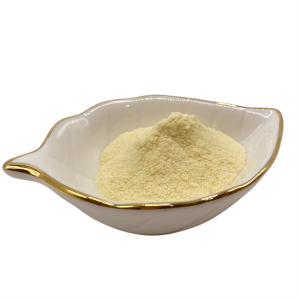Amino acids play several important roles in promoting plant growth and overall health:
Protein synthesis:
Amino acids are the building blocks of proteins and are essential for a variety of physiological functions, including enzymatic activity, structural integrity, and metabolic processes.
Nutritional Absorption:
 |
They enhance soil nutrient uptake, improving overall nutrient utilization and absorption. |
Stress Response:
Amino acids help plants cope with environmental stresses (such as drought, salinity, and disease) by stabilizing protein and cell structures.
Hormone Production:
| Some amino acids are precursors to phytohormones, which regulate growth, development and responses to environmental stimuli. |
Energy Production:
Amino acids are involved in energy metabolism and contribute to the production of ATP, which is essential for various cellular processes.
Chlorophyll synthesis:
| Certain amino acids, such as glycine, are involved in the synthesis of chlorophyll, which is essential for photosynthesis. |  |
In conclusion:
Overall, amino acids are critical for plant growth and development, supporting a variety of physiological processes that enhance health and resilience.
For more information, please feel free to contact us:Info@g-teck.net
Post time: Oct-17-2024




